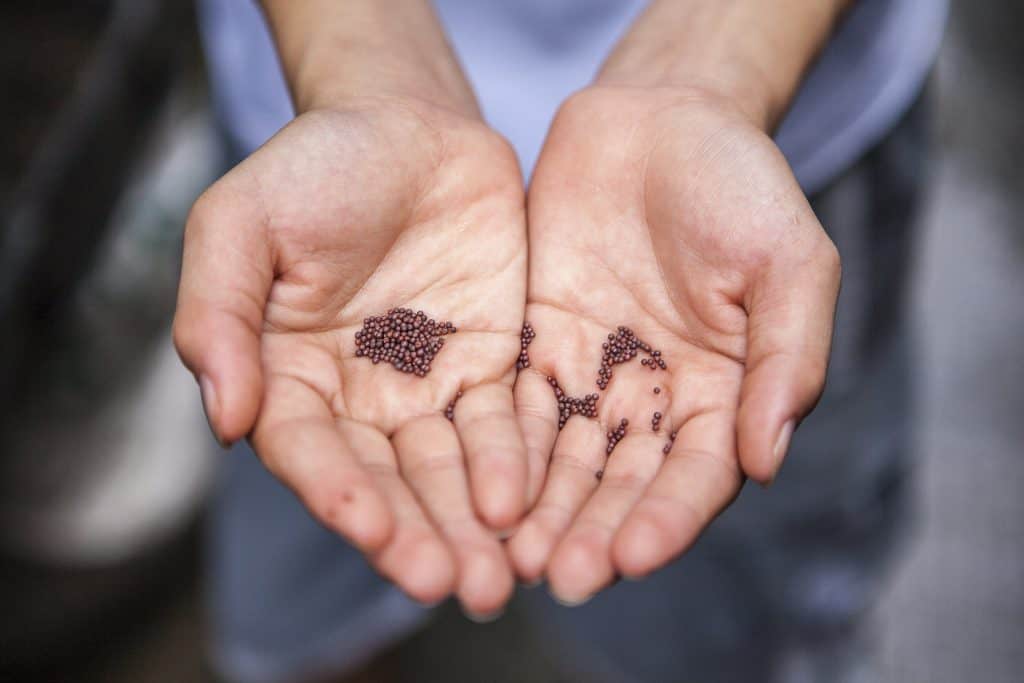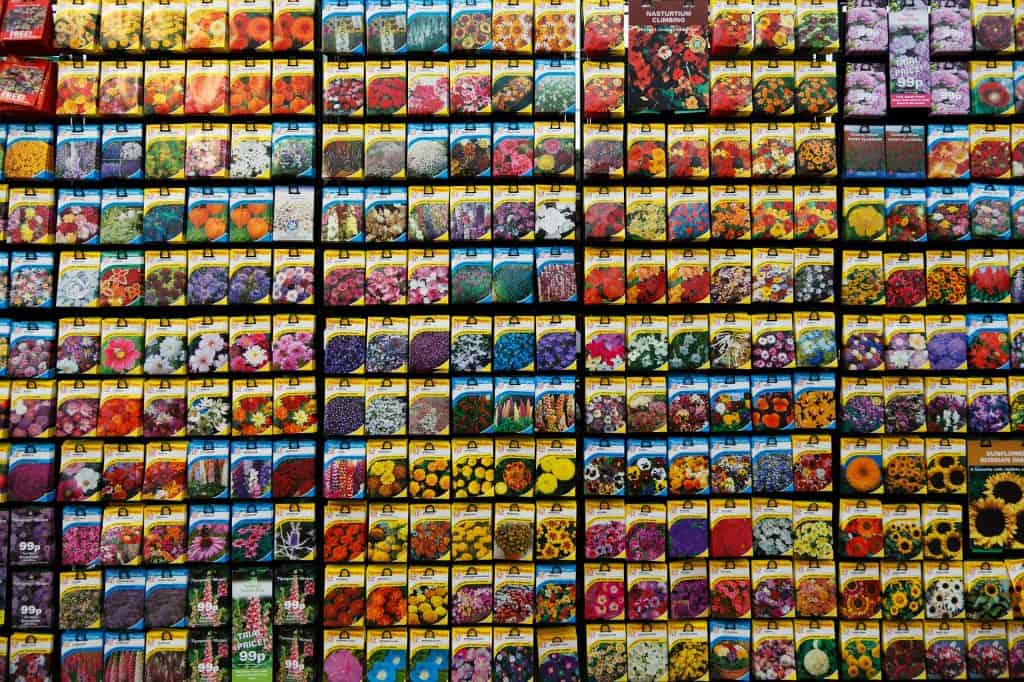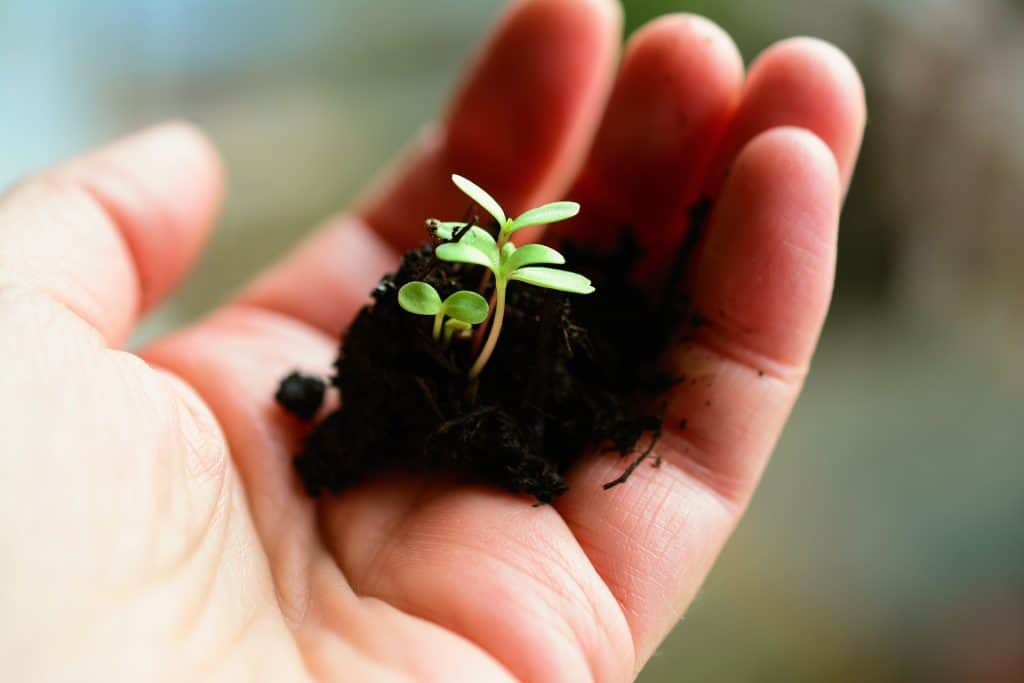Gardening 101: Selling Your Seeds
Most plants produce seeds once they reach maturity. But many gardeners don’t realize how easy it is to transform these little machines into extra income. Selling your seeds makes sense for many gardeners, and you can turn your garden into a profitable, long-term business.
Selling Your Seeds
Gardeners sell seeds two main ways: directly to customers or through a seed company. Seed companies often contract out specific plant varieties to growers and buy the seeds for a set price after the harvest.
You can ask them if they will take your seeds or any others you want to grow, but it is hard to know what they might want without an ongoing relationship or a lot of research. To avoid stress, start by growing what works for you. Don’t get your hopes up that you will make a lot of money; once you find a stable market, you can increase your seed production.
Many growers choose to sell their seeds directly to buyers and they do this many ways. Popular methods include using farmer’s markets, creating an online shop, going to trade shows, or peddling seeds through a yard sale or swap meet.
Grow the Right Seeds
Even though there are many ways to sell, you won’t get reliable results if you don’t market the seeds consumers want to buy. Discovering what the seed market is like for your target customer isn’t always clear, but there are a few steps you can take to figure out the varieties on which to focus.
First, ask around and see what gardeners are seeking. Are they mostly interested in growing exotic hybrids or are they looking for fruits that could become the next fad? Next, try looking online. Knowing what other gardeners are selling could tip you off to untapped markets or plants you could also grow that fit a similar need. Remember, seeds are just like any other product or service; vendors aren’t selling varieties that no one wants to buy.
Growing and Harvesting
Seed sellers should remember that not all plant varieties are the same. Some are hard to predict because they cross-pollinate easily and don’t have a strong rootstock on their own. Avoid these unless you want to experiment or don’t mind grafting on a hardier plant.
Once your seeds are mature, you will need to prepare them for sale. Seeds come in two varieties: dry and wet. Wet seeds are easier to process than dry types, though some require fermentation.
You need to separate dry seeds from their shell or husk before selling them, and this can take a lot of work. For best results, always let your plant material dry before separating out the seeds. It is also a good idea to research the diseases your plants are weak to, and whether they need treatment by fermentation or hot water soaks.
All of this information will help you decide what varieties you want to plant and sell. Make sure also to calculate prep time and shipping costs to check if selling any seed variety is worth the investment.
Find a Market to Sell Seeds
Like any product, the seed market depends on supply and demand. You don’t want to waste your time growing seeds that nobody wants! Before you start your seed garden, figure out what niche your seeds will fill. Is it a unique variety of a favorite plant, part of a new fad, or an unusual plant for breeders?
Don’t forget to ask why your potential customers will like your seeds. You can talk to them directly, or role play if you understand their needs well. Try to create or buy plant varieties that meet a few specific criteria. As you spend more time learning about your customers and plant varieties it will be easier to find desirable seeds to grow.
Why Selling Your Seeds is a Smart Idea
If you already have seeds, why not sell them? Buyers usually purchase seeds by the ounce, and even a small amount of seeds can help increase your income and recoup your gardening costs, which is especially true if you have many contacts in the gardening and farming industries.
Like selling any product, you can turn your seeds into a profit if you can predict the market. Though it is risky, you might find yourself enjoying research and speculating, especially if it leads to more cash in your pocket! Look for fads. Try to get in early on new flavors, fashions, and diet trends.
It is easy to turn your seeds into cash if you know how. What’s stopping you from starting your own seed business today?


